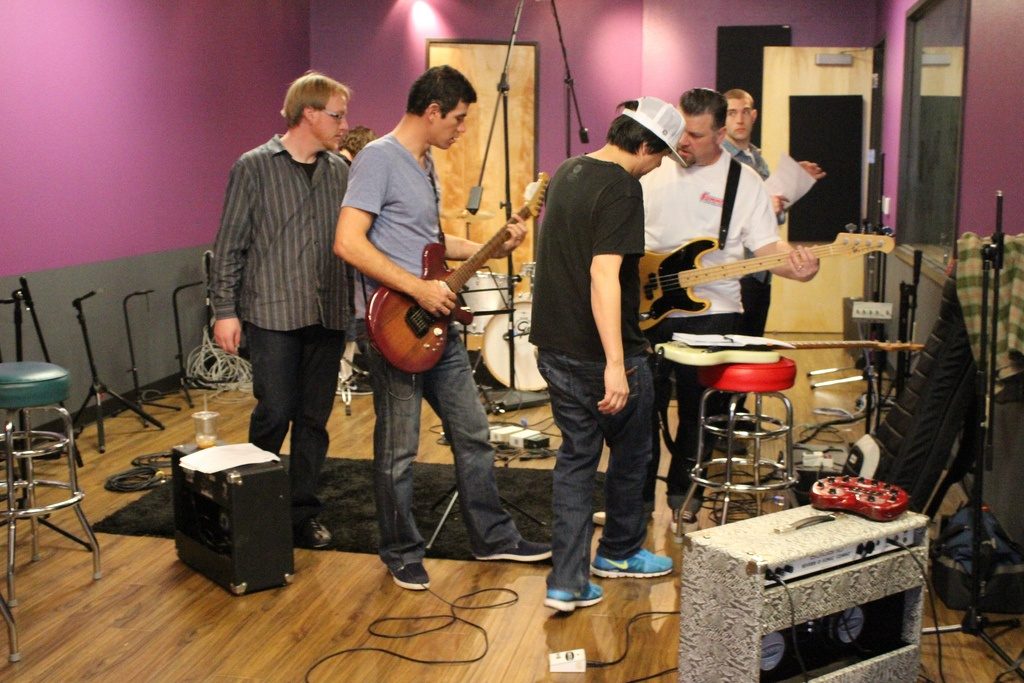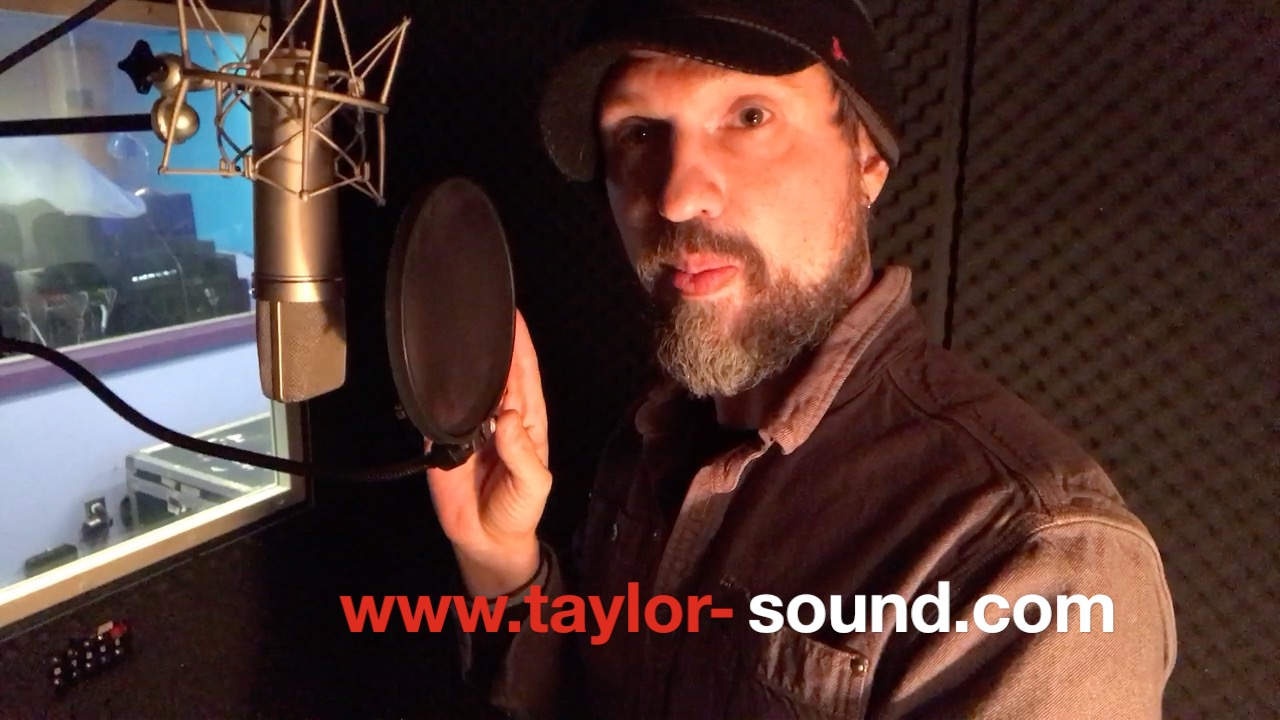So, I’m working with a marketing guy right now. We’re setting up an inbound marketing campaign that will, I hope, boost my business. He’s asked me to write this blog about why it’s better to record in a studio than at home. He thinks, and I tend to agree, that home recording is my biggest competitor. For a few thousand dollars, if you know what you’re doing, a home studio engineer can give a million dollar studio a real run for its money.

REASON #5 It’s Fun!
I was recently having a conversation with my son about his career in the music business. He’s in a band. They are doing a bunch of gigs and getting radio airplay. You can check them out here: http://www.colortabmusic.com/. Last year, they released an EP produced by (Semisonic, New Standards) bass player John Munson. That’s way more than I had going on when I was twenty years old.
Anyway, our conversation revolved around recording their next album. He was concerned about money. I told him he should just start some pre-production demos. But he doesn’t have any recording gear. No worries, he can buy a pre-amp and a microphone for a hundred bucks on Craigslist. I told him to use Garage Band (Mason Jennings recorded an entire album on Garage Band and it got a four star review in Rolling Stone!). Get some ideas going. That’s when recording at home is at its best. It’s great when you’re playing with song ideas, tonal layering, and beats etc; if don’t want the pressure of time. And, if you’re a brilliant sound engineer and have ample gear, by all means, go ahead and make and finish your album at home, But, if you’re like the rest of us, you need to hire a professional studio. Why?
- High Quality Gear
Studios have better gear. It sounds better. It does more. Really, it just sounds better!
- Time Crunch
When your band goes into the studio, you only have a certain amount of time to accomplish a certain goal. It forces you to get your parts down. You have to stick to the schedule. It raises the expectations on everyone. (The hourly rate will always be in the back of your mind).
So it puts the commitment of your band-mates under the microscope. If the bass player comes in hung-over when it’s his time to lay his parts, it matters. Sometimes the pressure of the recording studio environment makes the overall strength of the band clear. Decisions that need to be made become evident. It might be difficult, but in the long run, it’s healthy.
- A Sound Engineer
In a professional studio you have a sound engineer that takes care of all the technical details. You can concentrate on what’s important, the music. I’ve been involved in a lot of home recording situations. Dealing with technical difficulties almost always overshadows the music making. Slowing down to deal with software or routing issues kills the creative vibe. When you hire a professional studio, creativity should be the only thing on the artist’s mind. A good engineer understands that and makes the technicalities invisible.
- Outside Ear
Bands live in their own bubble in the rehearsal space. They get used to the way they sound. They get comfortable with it. Sometimes they live with a defect for so long, they forget it’s there. Maybe their drummer’s toms are out of tune, Maybe the guitarist’s “Steve Vai signature Ibanez” needs to be intonated. If the studio is doing its job, these things will come to the light. The engineer or the studio proprietor hears things with a fresh ear and forces you to address them. Use this outside ear to your advantage.
- It’s Fun!
Being in a professional recording studio might be challenging but it’s also a lot of fun! You get to hear yourself through pro microphones and pro speakers. Camaraderie is bolstered. Challenges are met and conquered. Good pizza and coffee is consumed. And beautiful music is made. Plus you are doing your bit to support the local professional music community. And if you do it right, you’ll sell enough copies of your record to make a profit!

